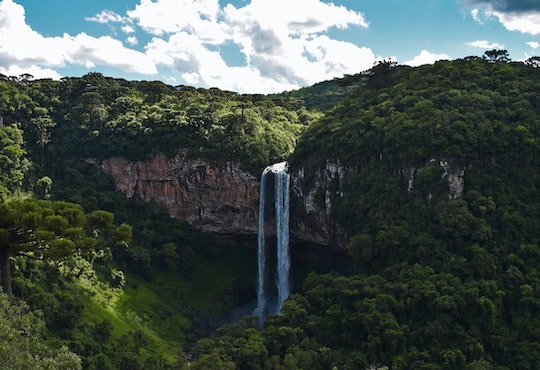Anthropogenic pressures and climate change are altering water flows worldwide. Better understanding, new economic thinking and an international governance framework are needed to stave off catastrophe.
Water is the lifeblood of our planet — essential for keeping humans and every plant and animal alive. It helps to circulate carbon and nutrients in the air and in soils, and regulates climate. For millennia, Earth’s water cycle has provided reliable supplies and sustained conditions conducive to human development. Yet anthropogenic pressures are now pushing the cycle out of balance, threatening to undermine the reliability of rainfall itself.
Water managers have always had to deal with natural variability, building larger reservoirs and tapping aquifers to fight scarcity, for example. But current challenges and trends in the rest of this century demand a completely different approach: a radical shake-up in how water is governed, managed and valued, from local to global scales, including a re-evaluation of human water needs.
To meet these growing challenges, water must be recast as a global common good. That means states establishing an obligation under international law to protect the global water cycle for all people and generations, and acknowledging that actions in one place have impacts in another — for instance, that deforestation in Brazil affects rainfall in Peru. It means assessing the role and economic value of not just blue fresh water, but also ‘green’ water that is held in the air, biomass and soils. And it means governments and the private sectors reformulating their roles and responsibilities, to develop objectives, policies and funds that can reshape markets and better manage global water supplies.
Read full original article Why we need a new economics of water as a common good at nature.com
Photo credit: Renan Bomtempo from Pexels
22 marzo 2023Original Author: J. Rockström et al.

